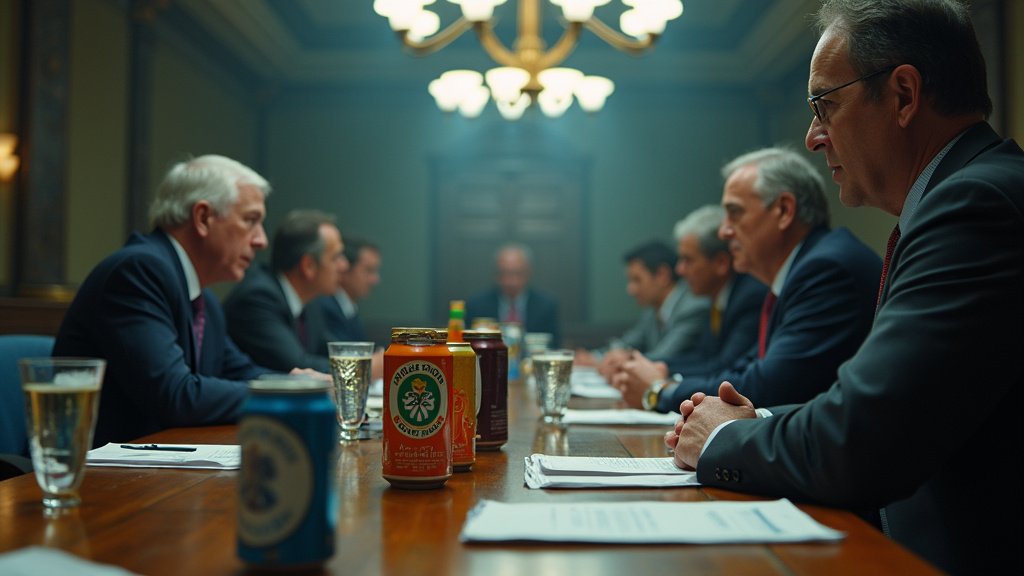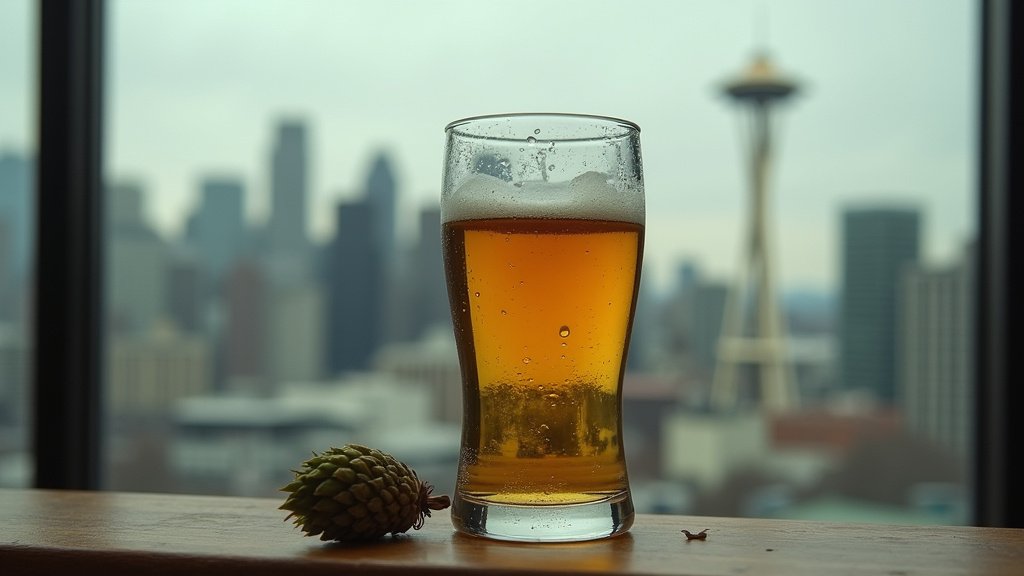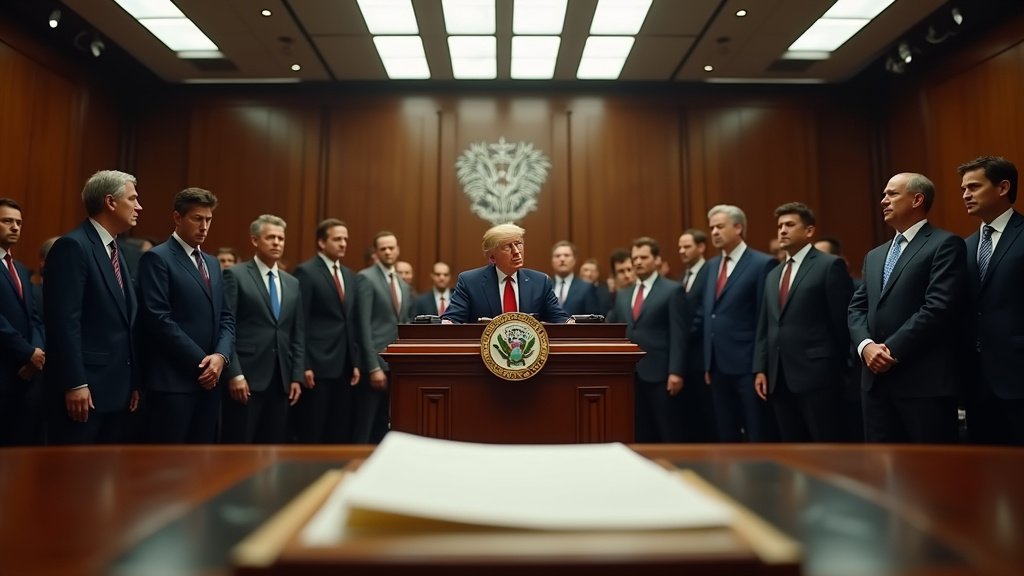Oregon Canned Cocktails are at the heart of a significant legislative debate, with House Bill 3730 proposing to allow grocery stores across the state to sell ready-to-drink (RTD) cocktails made from distilled spirits. This move has reignited discussions surrounding Oregon’s intricate alcohol regulation system, pitting grocers against distributors, local producers, and public health advocates.
The Current Legal Landscape: A Divided Market for Oregon Canned Cocktails
Current Oregon law presents a curious dichotomy: grocery stores can freely offer beer, wine, hard seltzers, and wine-based cocktails, even those with alcohol content exceeding 14% ABV. However, spirit-based Oregon Canned Cocktails are exclusively sold in state-chartered liquor stores. This creates an inconvenient distribution channel for both producers and consumers, especially when these ready to drink cocktails often contain alcohol by volume (ABV) comparable to or lower than many products readily available on grocery shelves, such as domestic beers or hard seltzers.
The Push for Expanded Access and Revenue for Oregon Canned Cocktails
The Northwest Retail Grocery Association (NRGA), representing nearly 800 grocery stores statewide, is leading the charge for reform. They argue that permitting spirit-based Oregon Canned Cocktails in grocery aisles would enhance consumer convenience and choice, aligning Oregon with the 31 other states where these products are commonplace in supermarkets. State Representative Rob Nosse, who introduced HB 3730 at the NRGA’s behest, emphasized the potential for increased market access for “homegrown businesses” and substantial new tax revenue. The grocers have proposed a tax of $8 per gallon on these beverages, more than double California’s rate, with the generated revenues earmarked for youth alcohol and drug addiction prevention and treatment programs. This bill is a key part of discussions about grocery store alcohol sales.
Opposition and Public Health Concerns Emerge for Oregon Canned Cocktails
Nevertheless, the proposed changes face significant opposition. The Oregon Beer & Wine Distributors Association (OBWDA) expresses concern that allowing RTDs into grocery stores could negatively impact local beer, wine, and cider producers by consuming valuable shelf space, potentially leading to the dominance of national brands, a scenario they claim has already unfolded in Washington state. Furthermore, lawmakers like Representative Tawna Sanchez have raised public health and safety issues, arguing that HB 3730 could “vastly increase the sales of hard liquor products that are largely targeted to younger people” and undermine Oregon’s established alcohol regulation oregon system for distilled spirits sales.
The Oregon Liquor and Cannabis Commission (OLCC) also voiced objections during a recent hearing, citing the administrative costs associated with a new tax system and potential threats to public health, including increased risks of minor access to alcohol. Despite these concerns, proponents argue that minors already have access to beer and wine in grocery stores, some possessing higher alcohol content than the proposed canned cocktails. The discussion around HB 3730 is a crucial aspect of understanding oregon liquor laws.
Economic Realities Fueling the Debate Over RTD Sales Oregon
The timing of this intensified push is noteworthy. National alcohol sales have experienced stagnation, with the OLCC reporting a 15% decline in revenue last year. Amidst this trend, rtd sales oregon have demonstrated robust growth, increasing by nearly 15% annually, though originating from a smaller market base of $9.4 million. This expanding market represents a clear avenue for both revenue generation and fulfilling consumer demand, which advocates believe the state is currently overlooking.
Local Producers Weigh In on Oregon Canned Cocktails
For smaller producers like 503 Distilling in Portland, the opportunity to sell their Oregon Canned Cocktails in everyday retail locations is viewed as a crucial step for business expansion. Dave Schleef, president of 503 Distilling, stated that broadened distribution would “help small businesses like ours” by boosting sales and, consequently, state revenue. This viewpoint stands in contrast to the apprehensions voiced by established distributors regarding market consolidation.
Another Round of Legislative Scrutiny for Oregon Canned Cocktails
As HB 3730 proceeds to further hearings, the debate surrounding Oregon Canned Cocktails is entering a pivotal stage. The proposal reflects a broader conflict between consumer convenience, economic opportunities, industry competition, and public health considerations. It remains to be seen whether the state will modify its long-standing alcohol regulation oregon policies to accommodate the growing RTD market, indicating further discourse and negotiation within the Oregon news cycle regarding distilled spirits sales.




